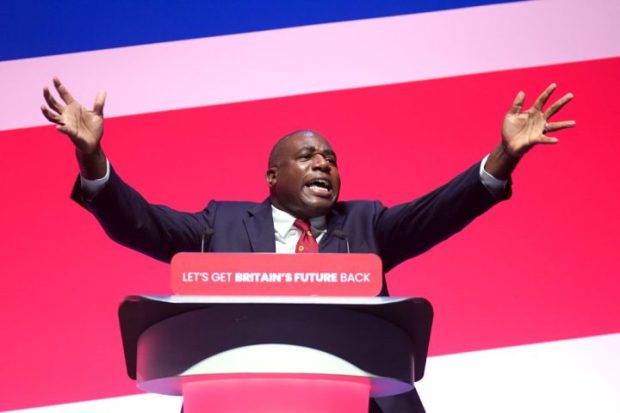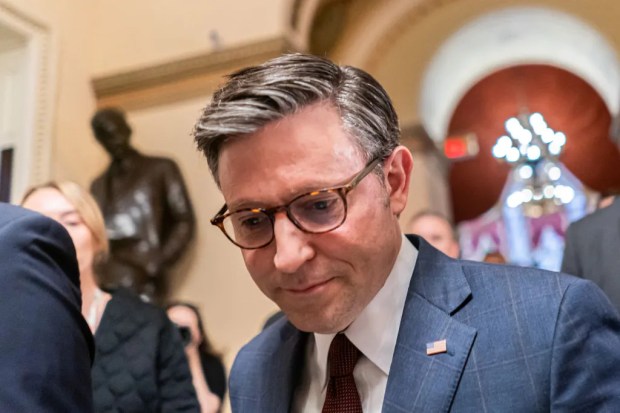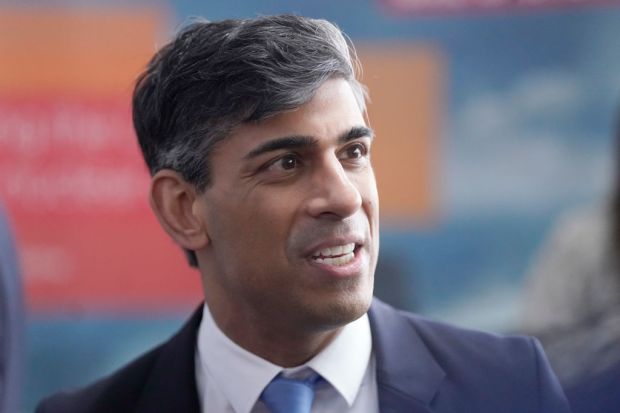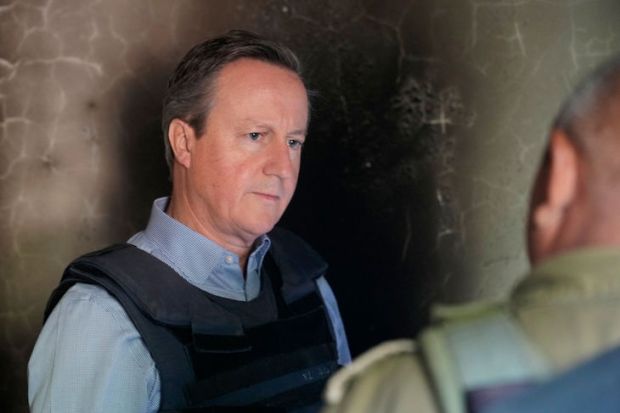There was a rare display of unity in the Commons chamber this afternoon when Liz Truss gave a statement on the release of Nazanin Zaghari-Ratcliffe. While Labour deputy leader Angela Rayner went on the attack at PMQs, asking whether Johnson’s comments when he was Foreign Secretary had made things worse, there was a far more conciliatory tone in the Commons when the Foreign Secretary updated MPs on the 43-year-old British-Iranian dual national’s safe return, after being detained in Iran for more than five years on charges of plotting to overthrow the Tehran government. Tulip Siddiq – the Labour MP for Hampstead and Kilburn which is the constituency of the Ratcliffes – thanked all those involved in making this possible, paying special credit to Truss and Foreign Office minister James Cleverly.
So, what actually moved the dial and made the release possible? The most obvious change is the decision by the UK government to pay the historic £400 million debt to Iran. This clearly had to be signed off by Boris Johnson, who faced resistance when he considered this option when he held Truss’s job. It also met complexities in terms of how it could legitimately be done given the various sanction agreements in place against the Iranian regime.
Truss pushed officials to be creative in working out ways to get around these issues – with a mechanism in place to try to ensure that the money is only used for humanitarian purposes. When pressed in the chamber on whether paying the debt could lead other governments to adopt similar methods of detaining citizens in order to win cash rewards, Truss responded that this was a legitimate debt.
While the money may have been the biggest factor in the Iranian government releasing three UK-Iran dual citizens from jail, there are other interventions that have helped to change the picture. Siddiq – who has led the campaign to free Zaghari-Ratcliffe – claimed this morning that Truss was the only Foreign Secretary who ‘actually did something’ when it came to the release – criticising her predecessors Boris Johnson, Jeremy Hunt and Dominic Raab.
While officials in the Foreign Office pay tribute to Dominic Raab for preparing the ground for today’s agreement during his time in the role, there’s a sense among staff that the appointment of Truss led to a fresh impetus, with the Foreign Secretary telling officials on her first day in the role that getting Iranian dual nationals out of detention was her top priority. She made contact with Zaghari-Ratcliffe’s husband Richard early on after being appointed.
On the first week in the role, Truss met with the Iranian foreign minister Hossein Amir-Abdollahian while at the UN General Assembly, where she called for the release and return home of the detainees. They remained in regular contact after that first meeting, speaking monthly – a much more regular basis than under previous foreign secretaries. She also sent a team of officials and negotiators to Iran to begin working out what a deal would look like.
Another key aspect in convincing the Iranian government to release Zaghari-Ratcliffe was working with the Omani government, which has close ties to Iran. The situation was also clearly helped by the fact that the nuclear talks in Vienna appear to be moving in the right direction. This made ways to get round the sanctions on Iran less controversial and also created an atmosphere in which the continuing detention of Zaghari Ratcliffe would have been at odds with the way the Iranian government is seeking to now present itself.
When news began to break this morning that Zaghari-Ratcliffe could be released, messages went from aides to Tory MPs asking them not to comment until it was fully confirmed. After years of twists, turns and false hope, there is a sense of relief across government this evening.
Got something to add? Join the discussion and comment below.
Get 10 issues for just $10
Subscribe to The Spectator Australia today for the next 10 magazine issues, plus full online access, for just $10.





















Comments
Don't miss out
Join the conversation with other Spectator Australia readers. Subscribe to leave a comment.
SUBSCRIBEAlready a subscriber? Log in